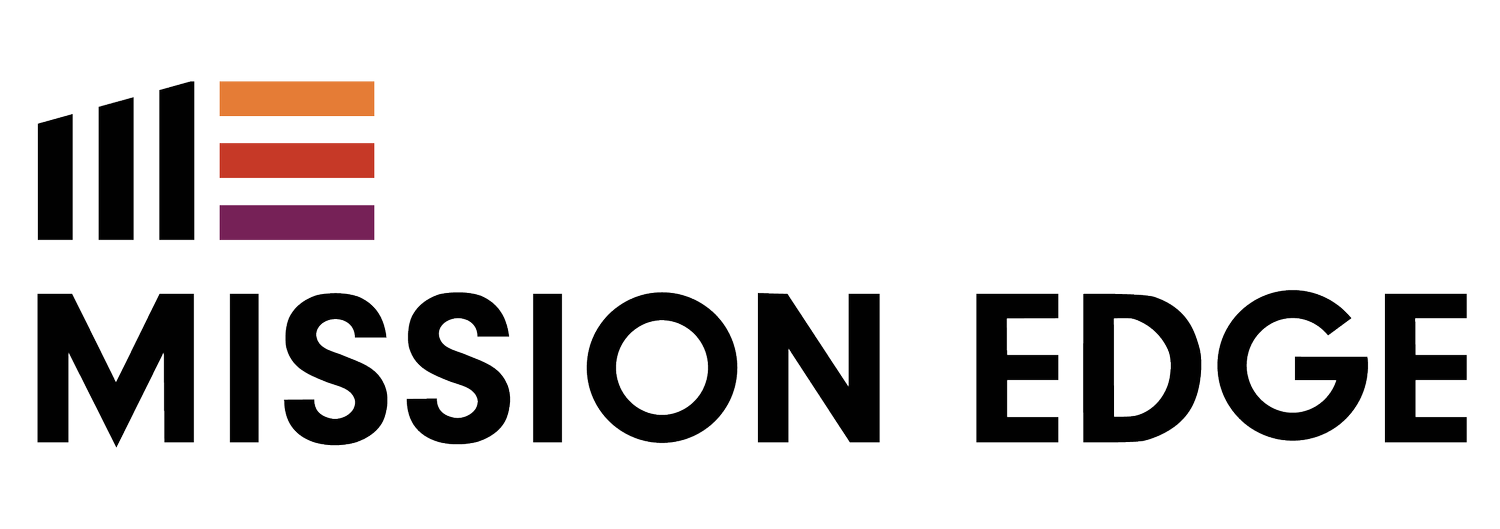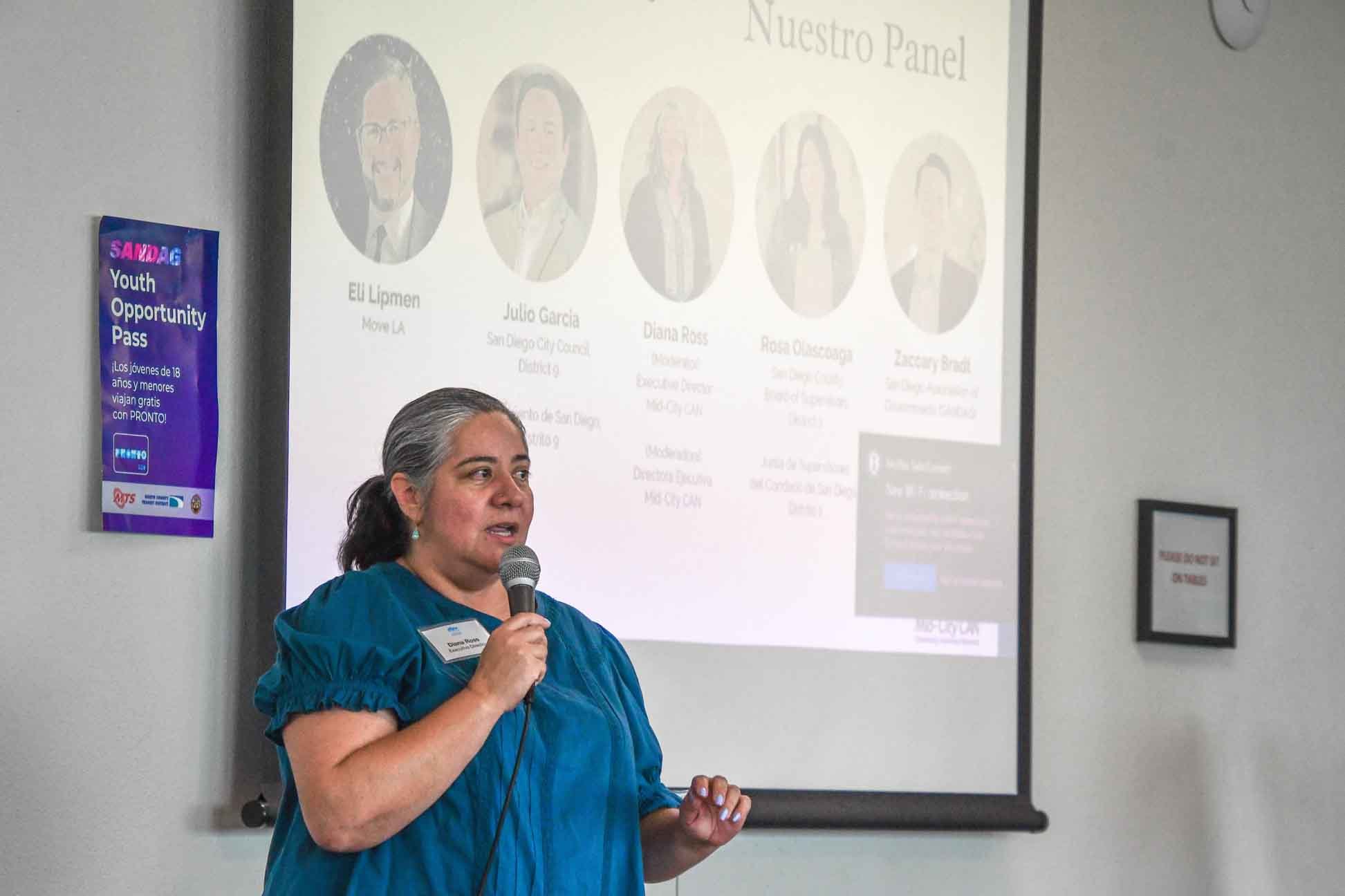The Long-Term Impact of Fiscal Sponsorship
Learn about the benefits of fiscal sponsorship and how it might impact your charitable mission long-term
So you’ve started a charitable mission and are deciding between starting a nonprofit or finding a fiscal sponsor.
If you're juggling this decision, you may be wondering which decision will be best for your long-term goals. In this article, we’ll unravel the long-term impact of fiscal sponsorship, discuss some pros and cons of fiscal sponsorship, and help you understand what you might be getting yourself into if you choose this route for your charitable mission.
The Role of Fiscal Sponsorship
Fiscal sponsorship is when a nonprofit sponsor invites a charitable project to operate under its tax-exempt status.
Typically, established non-profit organizations – such as Mission Edge – with robust infrastructure serve as fiscal sponsors and would create a formal agreement that outlines the roles, responsibilities, and financial arrangements between the sponsor and the project.
10 Long-Term Benefits of Fiscal Sponsorship
Fiscal sponsorship can have several long-term impacts for the sponsored project. Here are some key long-term effects we’ve observed after working on our own fiscally-sponsored projects.
Sustainable growth: Fiscal sponsorship can provide a stable platform for projects to grow sustainably. The administration, financial management, and compliance support helps charitable missions to focus more on their impact, and less on operational complexities.
Increased funding opportunities: Being associated with an established nonprofit can open doors to funding sources that might otherwise be unavailable to a standalone project or new nonprofit. This includes eligibility for grants that require 501(c)(3) status.
Capacity building: Projects under fiscal sponsorship often benefit from the expertise and resources of the sponsor, such as strategic planning, financial management, and human resources, freeing up time for the fiscal sponsor to focus on other non-administrative tasks.
Risk mitigation: Fiscal sponsors typically handle legal and financial risks, reducing the burden on the project leaders. This can be particularly important for new or small projects that may not have the resources to manage these risks independently.
Network and community building: Fiscal sponsors can connect projects to a broader network of similar organizations, potential donors, and community resources. This networking can be invaluable for long-term growth and impact.
Increased credibility: Association with a reputable fiscal sponsor can enhance the credibility of a project, making it more attractive to potential donors, partners, and the public.
Flexibility and autonomy: Some fiscal sponsorships allow the charitable missions to maintain a degree of autonomy, enabling them to develop their own identity and operational style while still benefiting from the sponsor's support.
Potential for independence: Fiscal sponsorship can be a first step towards becoming an independent nonprofit. The project can mature within the sponsorship structure until it is ready to spin off as a standalone entity.
Adaptability to changing needs: Fiscal sponsorship can provide a flexible structure that adapts to the changing needs of the project, whether that involves scaling up, downsizing, or shifting focus.
Long-term partnerships and collaborations: Successful fiscal sponsorships often lead to long-term partnerships and collaborations, even after a project becomes independent, fostering a continued impact in the community.
Pros and Cons of Fiscal Sponsorship
Like anything in life, is there anything a little “pros and cons” chart can’t help solve? Here’s a quick list of the pros and cons to finding a fiscal sponsor.
Pros:
Streamlined operations: Model A or Model C fiscal sponsorship arrangements can simplify administrative tasks, allowing you to concentrate on your mission.
Turnkey start: This path offers a quicker setup for charitable missions, allowing them to bypass the extensive process of nonprofit formation.
Expert support: fiscal sponsors provide expertise in compliance and financial management, which can save both time and sanity for charitable mission leaders.
Cons:
Limited autonomy: With fiscal sponsorship, control is often more limited as you operate under the guidelines of the sponsoring organization.
Dependency: Relying on a fiscal sponsor might limit your flexibility and growth potential in the long-term.
Fees and costs: While cost-effective, fiscal sponsorship involves fees, a consideration for any project weighing its financial sustainability.
(If this list isn’t comprehensive enough, read: What is Fiscal Sponsorship? Agreements, benefits, and costs).
Mid-City CAN’s Success Story
Our fiscal sponsorship relationship with Mid-City CAN (MCC) is a tangible example of what can happen long-term when a charitable mission joins forces with a fiscal sponsor.
Back in 2014, we became the fiscal sponsor for MCC, a community-based organization in City Heights dedicated to police accountability, improving local transportation, advocating for juvenile justice and building community power.
Executive Director Diana Ross dreamed of making even more of a difference, but the organization needed some help to reach its full potential.
Here’s what’s happened since we joined forces with MCC in 2014:
By operating within Mission Edge’s infrastructure, Mid-City CAN had access to more funding, which allowed them to hire more employees, increase their community impact and ultimately change more lives.
We’ve been able to empower Mid-City CAN to focus on its mission and development efforts and secure federal funding for their program.
All of these efforts paid off when they were able to launch their own independent 501(c)(3) organization.
Fiscal Sponsorship and Community Impact
One major benefit to fiscal sponsorship is the ability to lean on an already-established nonprofit and its experts to further facilitate your impact on the community. (It’s why most of our fiscal sponsor partners collaborate with us)! Fiscal sponsorship offers a platform for projects to flourish by minimizing bureaucratic hurdles and maximizing focus on the core mission. It is especially beneficial in nurturing projects that might otherwise struggle to gain momentum independently.
To learn more about how Mission Edge has helped facilitate fiscal sponsorship relationships that have benefited the San Diego community, check out these articles:
Make a Bigger Impact with Mission Edge’s Fiscal Sponsorship
Here at Mission Edge, we have more than a decade of experience running charitable missions with seasoned experts who have already seen the problems you’ve encountered.
Our fiscal sponsorship program can be an excellent solution for you if you’d like to accelerate your charitable mission’s growth without starting a nonprofit from scratch.
If you’re starting, or are currently running, a charitable mission and could benefit from:
Accelerated Time to Market
Operational Cost Savings
Risk Mitigation
Nonprofit Expertise
… we’d love to invite you *insert Rihanna voice* under our umbr-ella. (Sorry, we couldn’t help it.)

















